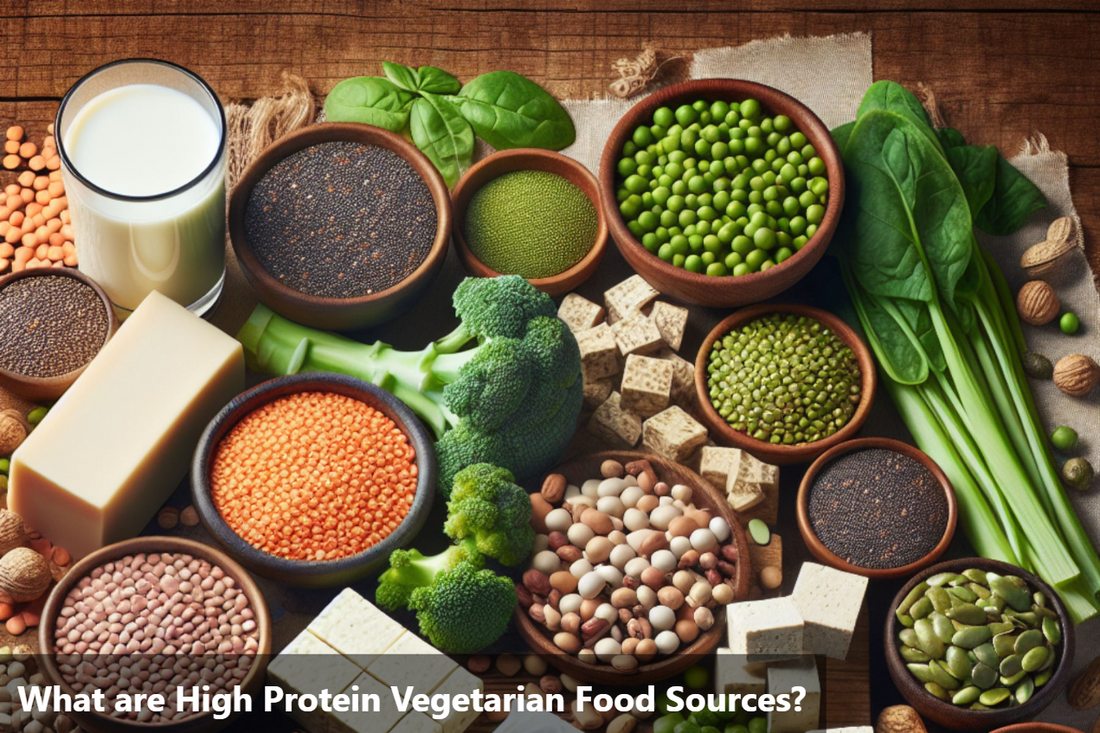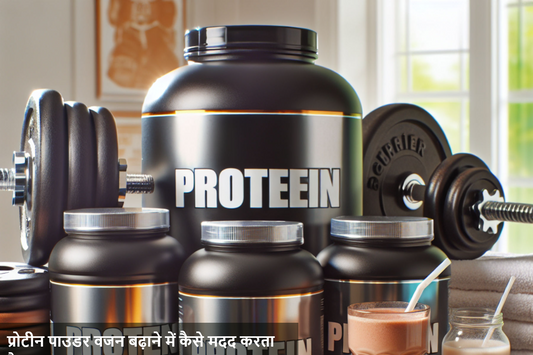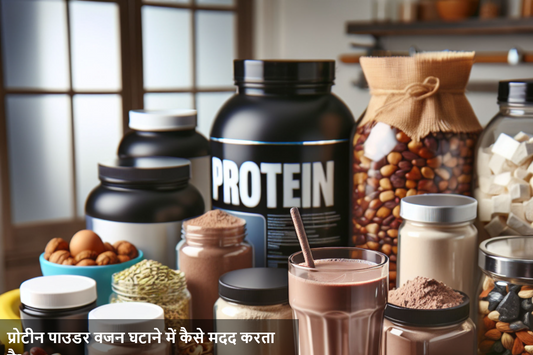High protein vegetarian foods play a crucial role in meeting the nutritional needs of individuals following a vegetarian diet. These foods not only provide essential nutrients but also contribute to overall health and well-being. As a vegetarian, it is important to focus on incorporating protein-rich foods into every meal to ensure adequate protein intake.
When it comes to sources of protein for vegetarians, options like legumes, tofu, tempeh, quinoa, and nuts/seeds are excellent choices. These plant-based foods are not only rich in protein but also offer a wide range of vitamins, minerals, and antioxidants beneficial for health. Whether you are looking to improve muscle growth, manage weight better, or simply enhance your overall health, including high protein vegetarian foods in your diet can make a significant difference. These foods provide the necessary building blocks for muscle repair and growth, aid in weight management by promoting satiety, and offer a variety of health benefits
Top High Protein Vegetarian Foods
-
Legumes: Lentils, chickpeas, black beans, kidney beans, soybeans (including tofu and tempeh).
-
Nuts: Nuts like almonds, cashews, walnuts are all protein rich.
-
Quinoa: A complete protein source containing all essential amino acids.
-
Edamame: Young soybeans that are rich in protein and other nutrients.
-
Greek Yogurt: Higher in protein compared to regular yogurt, Greek yogurt is a versatile dairy option.
-
Cottage Cheese (Paneer): A low-fat cheese that is high in protein.
-
Chickpeas: Versatile legumes that can be used in salads, curries, and snacks.
-
Lentils: A nutritious legume that is high in protein, fiber, and other essential nutrients.
-
Chia Seeds and Pumpkin Seeds:: Rich in protein, fiber, and omega-3 fatty acids, chia seeds can be added to yogurt, smoothies, or oatmeal.
-
Green Peas: High in protein and fiber, green peas are a nutritious addition to salads, soups, and side dishes.
Nutritional Benefits of High Protein Vegetarian Foods
-
Muscle Growth and Repair: Protein is essential for building and repairing muscle tissue, making it crucial for athletes and individuals engaged in regular exercise.
-
Weight Management: High-protein foods can increase feelings of fullness and reduce appetite, potentially aiding in weight loss or weight maintenance efforts.
-
Bone Health: Some high-protein vegetarian foods, such as tofu and tempeh, contain calcium and other minerals important for bone health and density.
-
Blood Sugar Control: Protein-rich vegetarian foods can help stabilize blood sugar levels and reduce the risk of insulin resistance, type 2 diabetes, and metabolic syndrome.
-
Heart Health: Plant-based proteins are typically low in saturated fat and cholesterol, which can help lower the risk of heart disease and improve overall cardiovascular health.
-
Improved Metabolism: The thermic effect of protein is higher than that of carbohydrates or fats, meaning the body burns more calories digesting and metabolizing protein-rich foods, potentially supporting weight loss or weight maintenance goals.
-
Enhanced Immune Function: Proteins are essential for the production of antibodies and other immune system components, helping to defend the body against infections and illness.
-
Nutrient Absorption: Protein plays a role in the absorption of essential nutrients such as iron, zinc, and vitamin B12, which are commonly found in vegetarian foods.
-
Hormone Regulation: Protein is involved in the production of hormones that regulate metabolism, growth, and various physiological processes in the body.
Food Combinations to Complete Protein Intake
Complete proteins contain all nine essential amino acids that the body cannot produce on its own, while incomplete proteins lack one or more of these essential amino acids. Animal-based foods such as meat, fish, poultry, eggs, and dairy products are typically complete proteins, providing all essential amino acids in sufficient quantities.
On the other hand, most plant-based foods are considered incomplete proteins, as they often lack one or more essential amino acids. However, by combining different plant-based protein sources strategically, vegetarians can create complete protein meals that provide all essential amino acids.
|
Protein Source |
Amino Acid Profile |
Complementary Pairing |
Example Meal |
|---|---|---|---|
|
Legumes (beans, lentils, chickpeas) |
Rich in lysine, low in methionine |
Grains (rice, wheat, oats) |
Beans and rice |
|
Grains (rice, wheat, oats) |
Low in lysine, rich in methionine |
Legumes (beans, lentils, chickpeas) |
Lentil soup with whole grain bread |
|
Legumes (beans, lentils, chickpeas) |
Low in methionine, high in lysine |
Nuts and Seeds |
Lentil salad with sunflower seeds |
|
Nuts and Seeds |
Low in lysine, high in methionine |
Legumes (beans, lentils, chickpeas) |
Hummus with sesame seeds (tahini) |
|
Dairy Products (milk, yogurt, cheese) |
Complete proteins |
Grains (oatmeal, whole grain bread, pasta) |
Greek yogurt with whole grain granola |
|
Tofu (made from soybeans) |
Complete protein |
Grains (quinoa, brown rice, barley), Vegetables |
Tofu stir-fry with |
Exploring Vegetarian High-Protein Source
High-protein vegetarian foods play a crucial role in maintaining a balanced diet and promoting overall health. By incorporating protein-rich vegetarian options into your meals, you can ensure that your body receives essential nutrients for optimal functioning.
Consuming these foods can lead to improved muscle growth, effective weight management, and enhanced overall health. Whether you are looking to increase protein intake or maintain a healthy lifestyle, incorporating these plant-based options can be highly beneficial.
DiabeSmart is the first food range exclusively crafted for diabetics. Enjoy clinically tested, delicious products that let you keep your favorite food habits while managing your blood sugar levels effortlessly.
This Blog post is an initiative by DiabeSmart, to provide accurate and Nutritionist / Doctor approved information related to Diabetes. DiabeSmart is India's first Food brand designed specifically for Diabetics, that has been clinically tested on Diabetics and Pre-Diabetics to deliver 55% - 70% lower Sugar spikes. DiabeSmart is part of Lo! Foods - India's leading brand for Everyday Functional Health foods.











